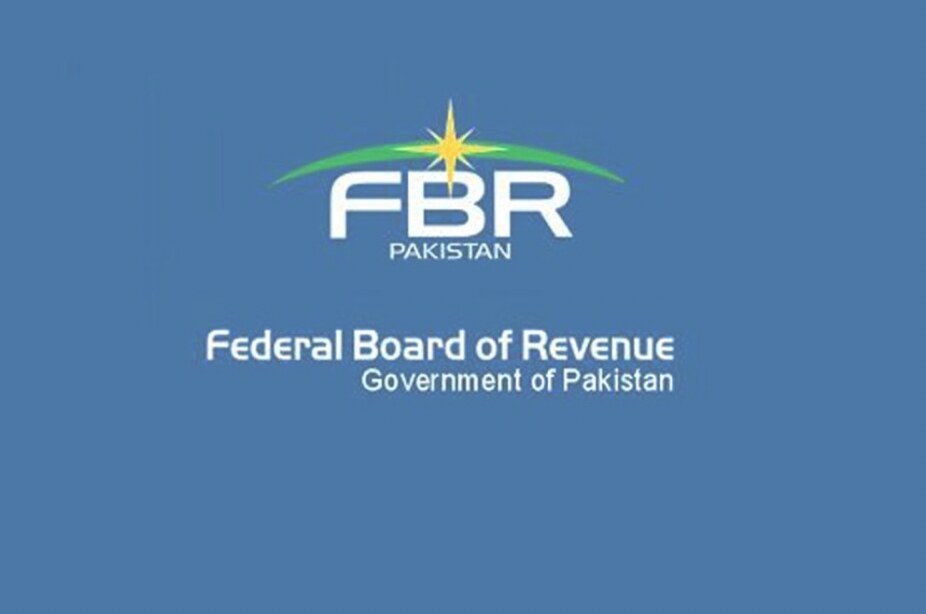
support@ledgermax.pk

+92 21 34559515-6

Managing and tracking business expenses effectively is a crucial part of running a successful business in Pakistan. Whether you are a small startup or a larger enterprise, keeping track of your expenses can significantly impact your profitability, cash flow, and overall business growth. With fluctuating economic conditions, inflation, and frequent changes in government regulations, managing your business expenses efficiently is not just about reducing costs, it’s also about ensuring your operations run smoothly and sustainably. In this blog, we will explore various strategies and tools that small and medium-sized businesses in Pakistan can use to manage and track their business expenses.
Proper expense management is vital for several reasons:
A key step in managing business expenses effectively is categorization. Instead of lumping all expenses together, break them down into clear categories such as:
By categorizing expenses, you can get a clear view of where your money is going and identify areas where you may be overspending or where cuts can be made.
In Pakistan, the use of accounting software like Ledgermax has become increasingly important for businesses of all sizes. Accounting software helps automate and streamline the process of managing and tracking business expenses. Ledgermax not only helps track expenses but also generate financial reports like profit and loss statements, balance sheets, and cash flow statements. By using these it, businesses can easily identify any discrepancies in their expenses and take corrective action.
One of the most important aspects of managing business expenses is keeping detailed records. This includes maintaining receipts, invoices, and statements for all your business expenses. Here’s how to manage records effectively:
For businesses that have multiple employees, setting up an expense approval process can help control unnecessary spending. Employees should submit expense reports or invoices for approval before making any purchases. This process ensures that expenditures align with the company’s budget and goals. For example, businesses in Pakistan can set up a simple approval workflow, where employees can submit their expense claims, and managers can approve or reject them based on the budget and necessity.
Cash flow is a critical aspect of any business, and monitoring it regularly is vital for managing expenses. Regularly checking your cash flow allows you to spot issues before they become major problems, such as running out of funds or facing liquidity issues.
You can monitor your cash flow by regularly reviewing:
Setting up a budget is one of the most effective ways to control business expenses. A well-thought-out budget helps ensure that your spending aligns with your business goals and prevents overspending.
To create a business budget, follow these steps:
While using software and tracking expenses independently is helpful, hiring a professional accountant can take your expense management to the next level. An accountant can provide strategic insights into your financial situation, offer advice on tax planning, and ensure that you are compliant with Pakistani tax laws. Moreover, they can help identify areas where you can cut costs or optimize your spending.
In Pakistan, businesses must comply with the Federal Board of Revenue (FBR) tax regulations, including the filing of income tax returns and the payment of sales tax and VAT. Keeping track of business expenses is essential to reduce your tax liabilities and ensure that you are paying the correct amount. Some business expenses, such as office supplies, equipment, and utilities, may be deductible under Pakistani tax laws. Work with a tax professional to understand which expenses are deductible and how to properly document them to minimize your tax burden.
Thus, managing and tracking business expenses is an ongoing process that requires discipline, the right tools, and a proactive approach. By categorizing expenses, using accounting software like Ledgermax, maintaining detailed records, and working with professionals, small businesses in Pakistan can take control of their finances, improve cash flow, and ensure long-term profitability. Regular monitoring and strategic budgeting will allow business owners to not only cut unnecessary costs but also make informed decisions that fuel growth and sustainability.
LEDGERMAX BLOG


